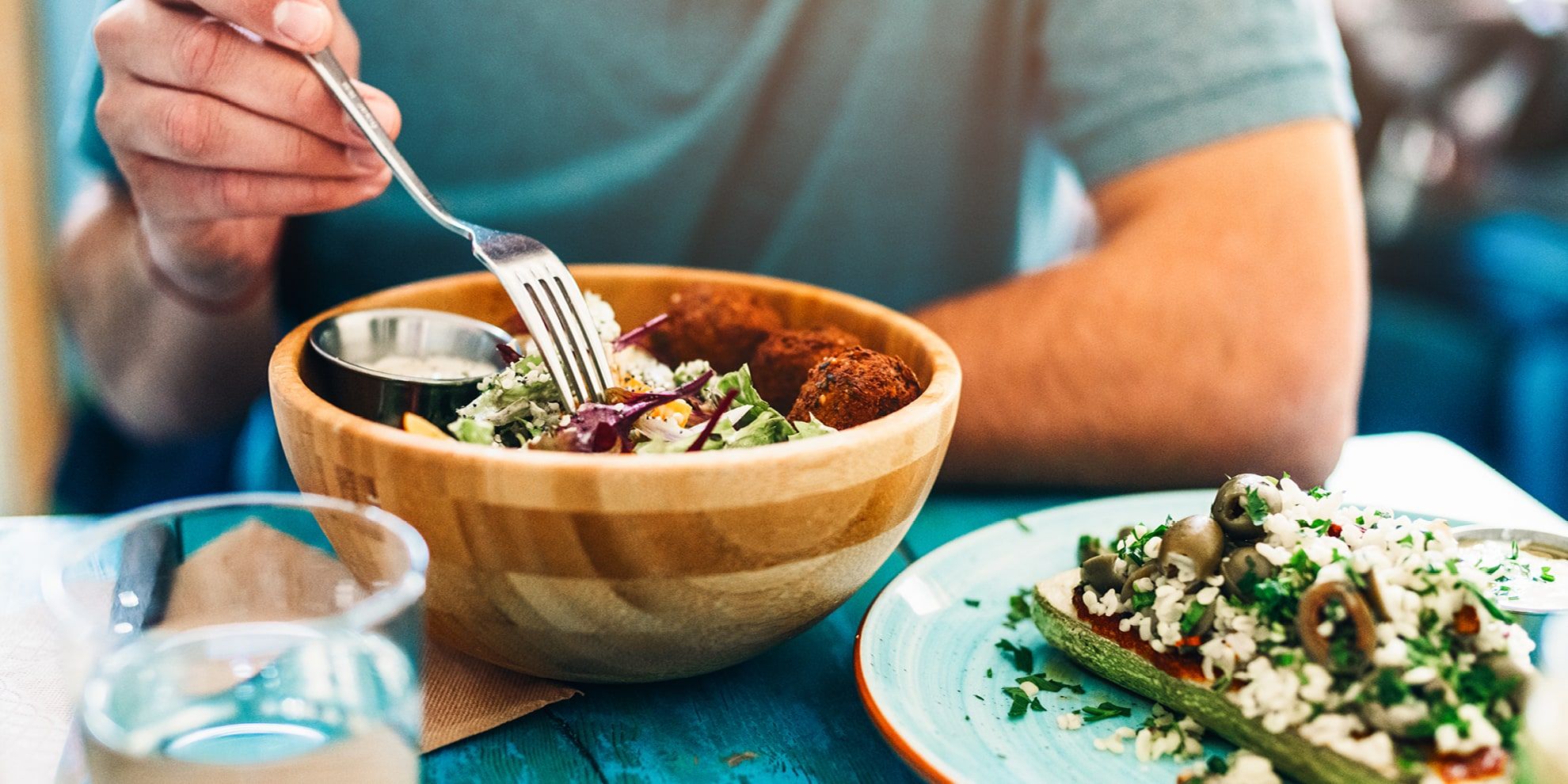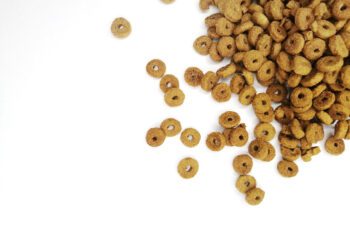By Molly Loe
Test tube steak and lab-grown lamb? Coming to a plate near you – soon!
• Food technology could tackle our sustainability issues.
• Lab-grown meat and milk could be effectively identical to the animal-based versions.
• Food technology could also help tackle food fraud.
Food technology might not be in the limelight right now, but it could be the answer to the world’s food sustainability problems.
Sustainability is about more than just carbon emissions and electric vehicles. The global food demand is predicted to increase by 70% by 2050 – a demand that couldn’t be met ethically or sustainably with current production methods.

One solution to this is cellular agriculture. “Lab-grown” doesn’t exactly sound appealing, but the method being actively explored today uses cells and innovative biotechnologies to produce accessible, ethical, and sustainable agricultural products.
Cellular agriculture is most commonly used to make animal-derived foods and ingredients, such as meat, seafood, dairy products, fats, egg whites and gelatine.
In some cases, with products like milk, the animal can be removed from the equation by using a microbe like yeast or bacteria. In the example of milk made with yeast, the yeast are altered by inserting into them the gene carrying the blueprints for casein, a milk protein.
Since all cells read the same genetic code, the yeast, now carrying so-called recombinant DNA, makes casein identical to the casein cows make in their milk.

Cell cultivation and fermentation are both well-proven methods from the pharmaceutical and biotechnology sectors and are potential game-changers in food production. Actually, animal insulin could be considered the first cellular agriculture product.
** Click here to read the full-text **








